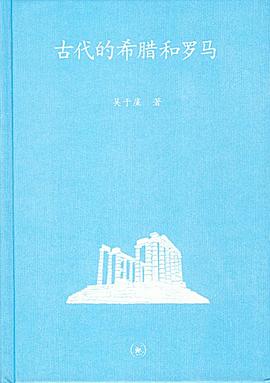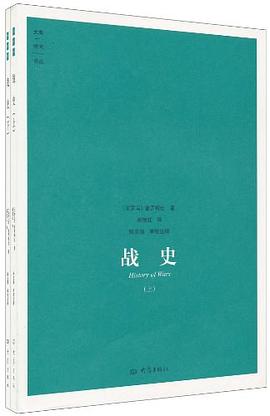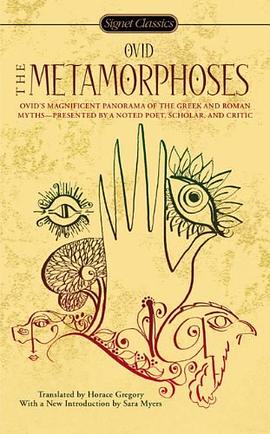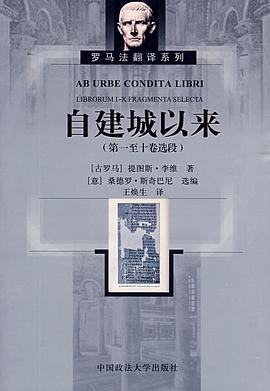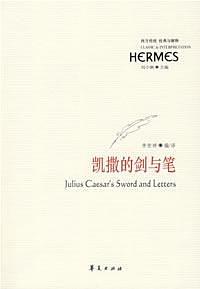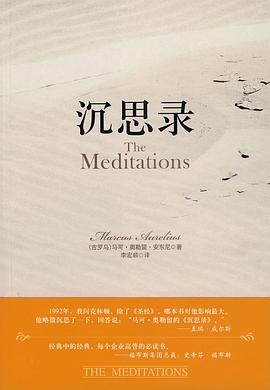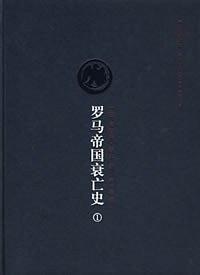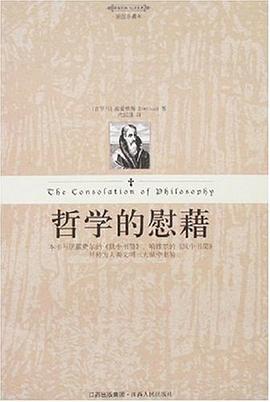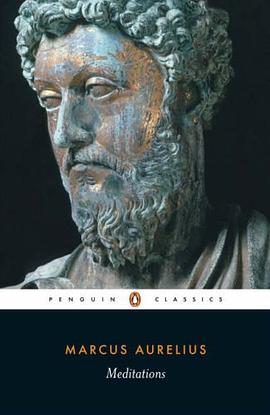

具体描述
In Augustus, his third great novel, John Williams took on an entirely new challenge, a historical narrative set in classical Rome, exploring the life of the founder of the Roman Empire. To tell the story, Williams turned to the epistolary novel, a genre that was new to him, transforming and transcending it just as he did the western in Butcher’s Crossing and the campus novel in Stoner. Augustus is the final triumph of a writer who has come to be recognized around the world as an American master.
作者简介
John Williams (1922–1994) was born and raised in northeast Texas. Despite a talent for writing and acting, Williams flunked out of a local junior college after his first year. He reluctantly joined the war effort, enlisting in the Army Air Corps, and managed to write a draft of his first novel while there. Once home, Williams found a small publisher for the novel and enrolled at the University of Denver, where he was eventually to receive both his B.A. and M.A., and where he was to return as an instructor in 1954.
He remained on the staff of the creative writing program at the University of Denver until his retirement in 1985. During these years, he was an active guest lecturer and writer, editing an anthology of English Renaissance poetry and publishing two volumes of his own poems, as well as three novels, Butcher’s Crossing, Stoner, and the National Book Award–winning Augustus (all published as NYRB Classics).
Daniel Mendelsohn was born in 1960 and studied classics at the University of Virginia and at Princeton, where he received his doctorate. His essays and reviews appear regularly in The New York Review of Books, The New Yorker, and The New York Times Book Review. His books include The Lost: A Search for Six of Six Million; a memoir, The Elusive Embrace; and the collection Waiting for the Barbarians: Essays from the Classics to Pop Culture, published by New York Review Books. He teaches at Bard College. His essay in the September 25, 2014 issue will appear as the introduction to a new translation of The Bacchae by Robin Robertson, to be published in September by Ecco.
目录信息
读后感
by 谷立立 约翰·威廉斯的一生贯穿着同一个关键词:拒绝。终其一生,他拒绝被定义、被归类,拒绝成为公众瞩目的文化明星,拒绝循规蹈矩地做传道授业的文学教授,只愿我行我素、我手写我心地诠释一位真正作家的本色。这倒不是说他一生庸庸碌碌、无所作为。事实上,他在文学上的...
评分奥古斯都,罗马帝国第一位元首,“罗马第一公民”,原名盖乌斯•屋大维•图里努斯,恺撒的甥外孙和养子。他的故事被各种方式不断演绎。约翰•威廉斯在小说《奥古斯都》中采用了别致的书信体形式,从奥古斯都同时代人和自己的角度,用不同碎片拼凑起一个大家眼中的奥古斯...
评分他被尊为“奥古斯都”,他把二月抽出了一天;他是八月名称的由来;他是历史上伟大帝国的开创者;他被历史选中,也同样选择了历史,他就是盖乌斯·屋大维·奥古斯都,罗马帝国的开创者。周末资本市场停盘,闲来无事续接前篇读完了约翰·威廉斯的历史文学巨著《奥古斯都》,值得...
评分一个个矛盾的人物穿插上演了这出罗马史诗,每一个人物塑造地都极其好,极其丰满生动。这不止是奥古斯都一个人的传奇,如果说奥古斯都是月,配角是星,这本书就构成了很美很美的一幕星河夜景,令人叹息,令人唏嘘。宿命的感觉,难逃又无处可寻的无奈感。 奥古斯都·凯撒,19岁组...
用户评价
William的书真的太好看了,文笔好到引人入胜。太空虚了
评分On top of the world, he is alone。历史小说的典范,Williams用日记体形式大概是更容易深入人物内心
评分谁有他的处女作nothing but the night请豆油我。。
评分TofF indeed 译者说“第三卷陡高”我同感。前两卷相对平直,权谋/混乱家庭关系都属于历史本身的跌宕胜过了作家的笔头;卷三才驯服这烈马,真正由自己书写起伏。人生从奥德赛到悲剧再到喜剧,是比“不服神命,誓死犯天”更深刻的搏击,选择命运也被命运选择;不是R背叛了我,是我走上这条路而背叛了他;我如亚历山大般渺小;领略不了的老妇智慧。最牛逼的还是野蛮人与罗马比喻,文明摧枯拉朽之时,也反过来给野蛮打上烙印;生命被时间吞噬,但也改造雕磨和驯化了时间。唯情欲之爱(尤利娅日记)和文字之爱(诗权)最为纯粹无私,留存在一切飞尘之中。他最终梦到了五十年前和自己眼睛同色的祭牛,于自己尽头处谅解了所有人的尽头。S讲罗马人本质,H讲E故事新解两段很受启发。怪不得写作语气奇怪,原来是模仿拉丁语法。想到秦始皇
评分this ... this... this is just so good!!
相关图书
本站所有内容均为互联网搜索引擎提供的公开搜索信息,本站不存储任何数据与内容,任何内容与数据均与本站无关,如有需要请联系相关搜索引擎包括但不限于百度,google,bing,sogou 等
© 2025 book.quotespace.org All Rights Reserved. 小美书屋 版权所有





